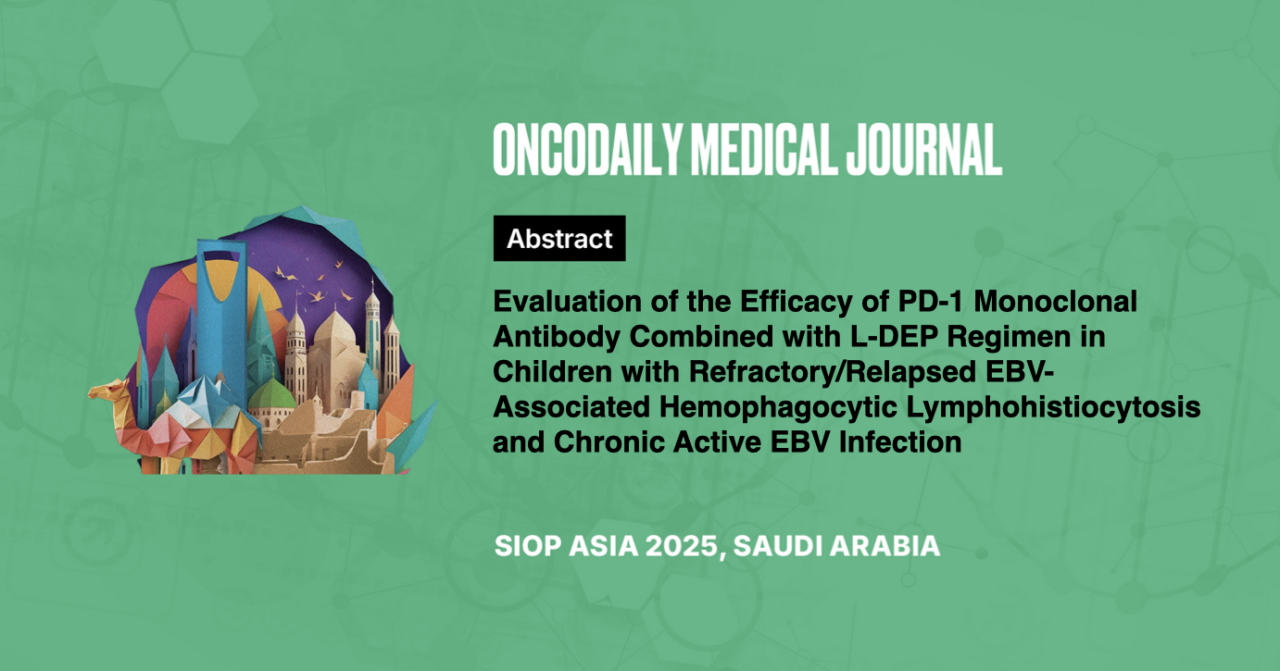Evaluation of the Efficacy of PD-1 Monoclonal Antibody Combined with L-DEP Regimen in Children with Refractory/Relapsed EBV-Associated Hemophagocytic Lymphohistiocytosis and Chronic Active EBV Infection
Abstract
Introduction: Pediatric rEBV-HLH and CAEBV present significant challenges for clinicians due to their severe consequences and refractory nature. Recent studies have shown promising results of anti-PD-1 therapy in a small number of rEBV-HLH and CAEBV patients. Additionally, the L-DEP regimen has demonstrated its curative potential in clinical trials for both adult and pediatric rEBV-HLH.
The objective was to investigate the efficacy and safety of PD-1 monoclonal antibody combined with L-DEP chemotherapy regimen in children with refractory/relapsed EBV-HLH and chronic active EBV infection.
Methodology: This retrospective study included cases of children diagnosed with refractory/relapsed EBV-HLH or chronic active EBV infection who were treated at the Children’s Hospital, Zhejiang University School of Medicine, from January 2023 to October 2024. Clinical and laboratory data from before and after 2 weeks of combination therapy were collected and analyzed. Adverse events during the treatment process were recorded.
Results: Among the 14 children, 8 were boys and 6 were girls, with ages ranging from 0.8 to 11.4 years. Nine were diagnosed with rEBV-HLH, 5 with CAEBV. Two CAEBV patients developed secondary HLH, and 2 had EBV-activated pHLH, all with UNC13D gene mutations. Among the rEBV-HLH patients, 4 were still in the systemic inflammatory phase prior to treatment. After 2 weeks of therapy, seven patients achieved complete remission (CR).
Three of the relapsed patients were successfully treated with subsequent chemotherapy and then underwent HSCT. Six patients achieved partial remission (PR) and received further treatments to control the disease. One patient ultimately achieved CR and has had good follow-up for over a year, while 2 successfully underwent HSCT. One patient showed no response (NR). The overall response rate was 92.9%, with most children tolerating the treatment well.





